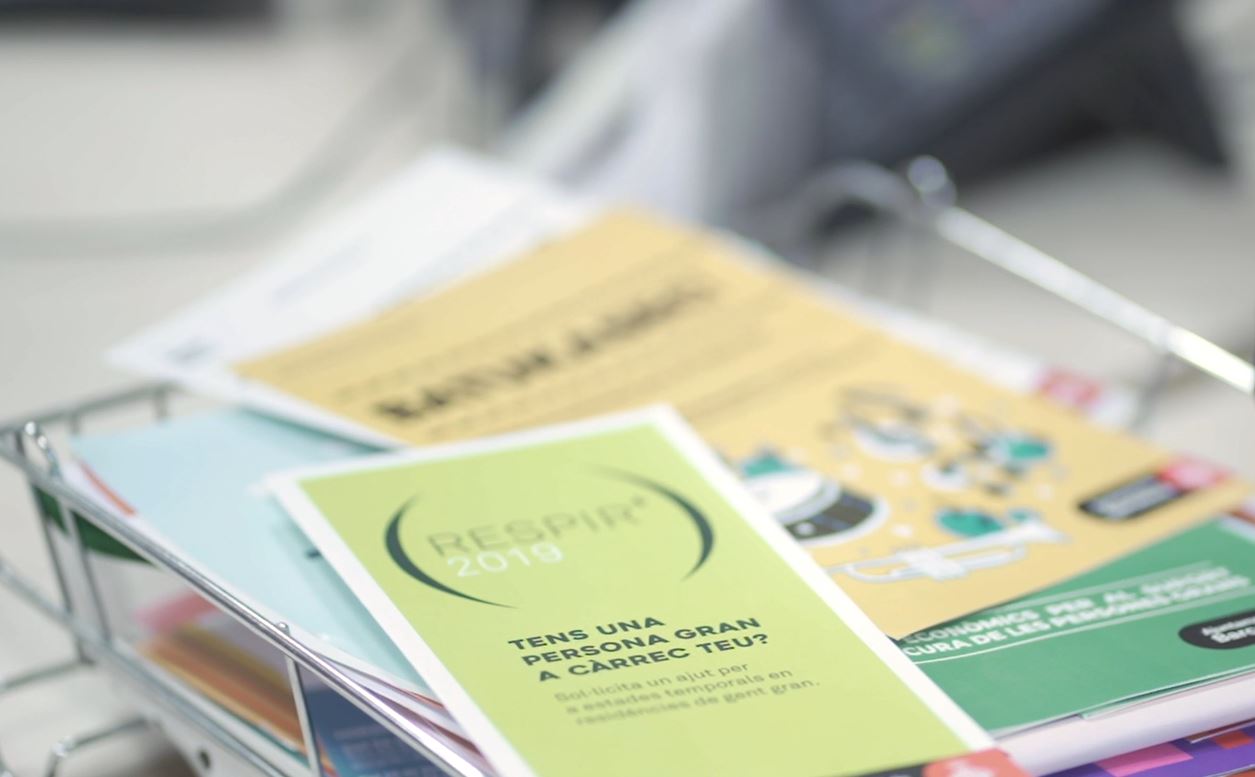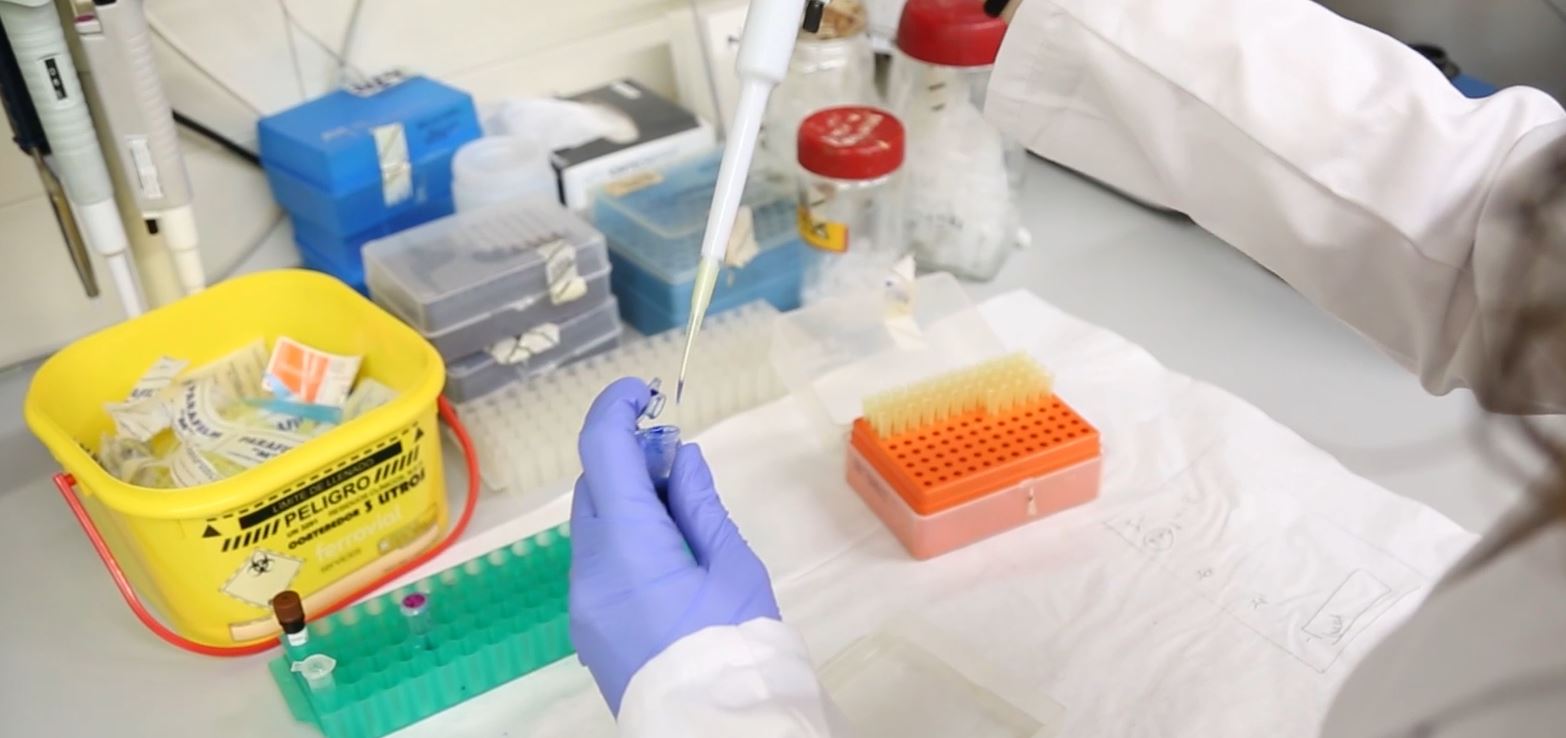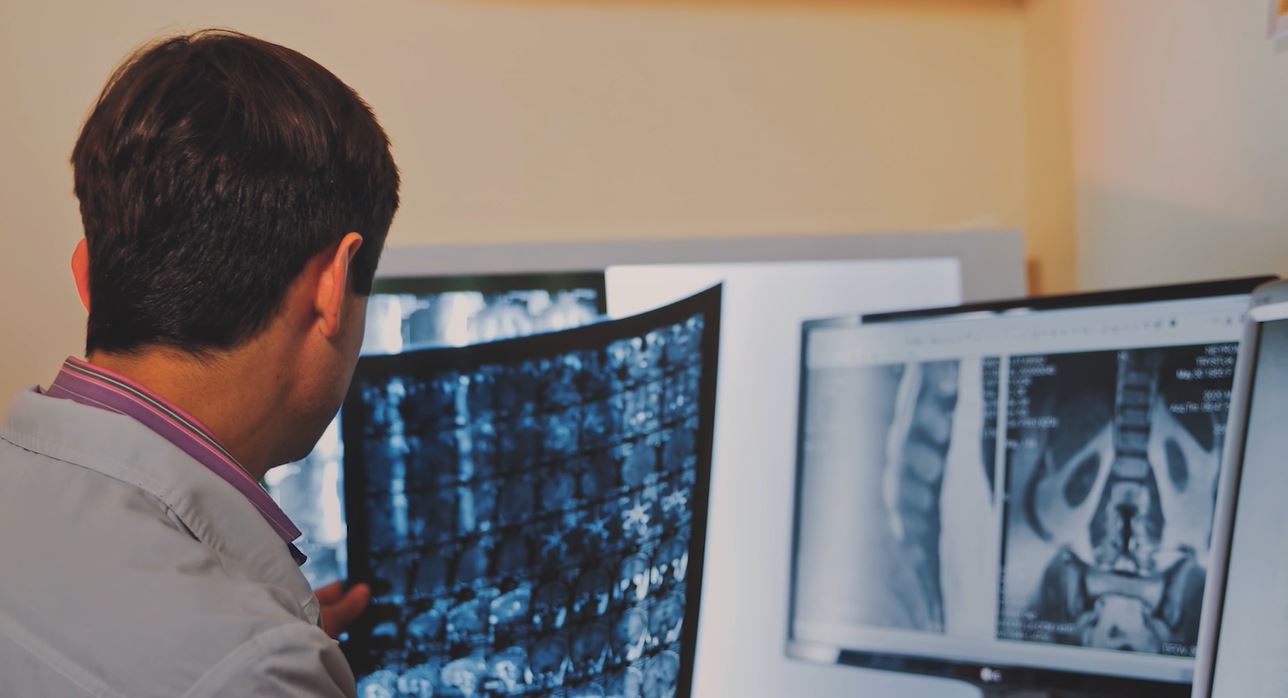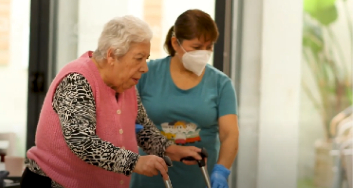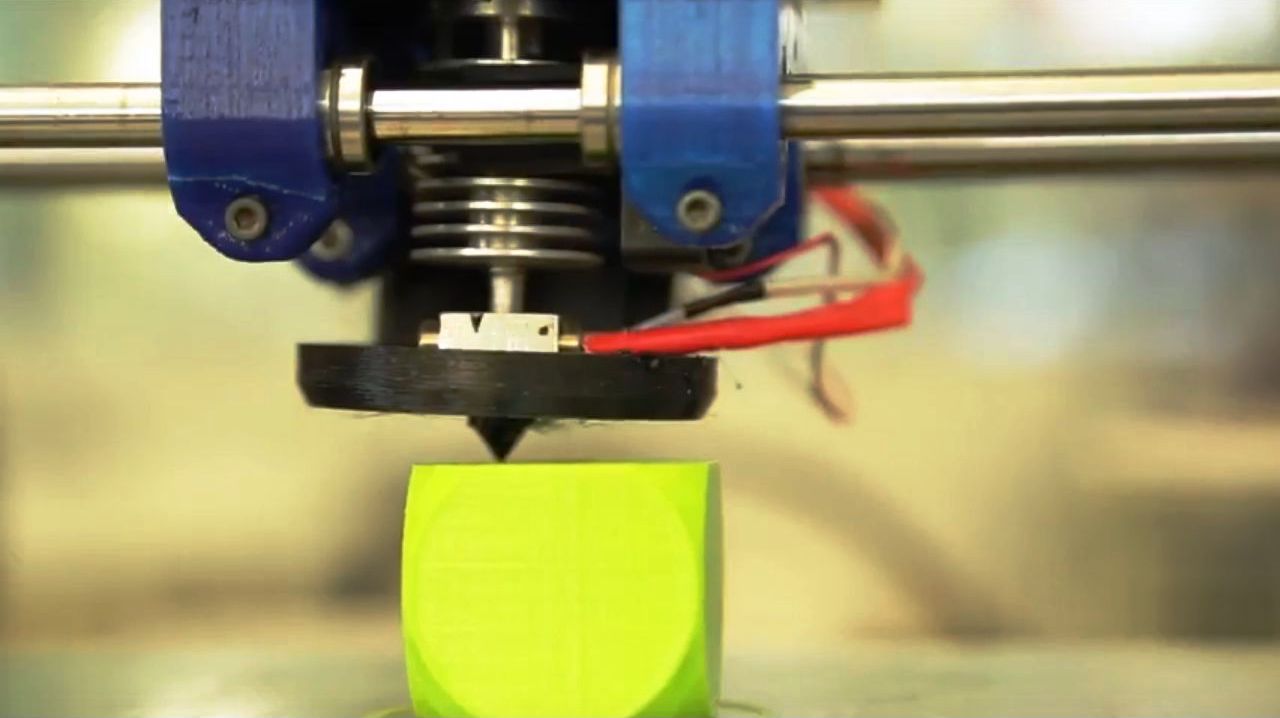
Critical care nurse
Description
These professionals work in intensive care, emergency medicine and emergency departments, caring for critically ill people. They assess the needs of the sick person and provide different nursing care by managing their resources optimally and applying critical reasoning and judgement.
They work as members of an interdisciplinary team made up of different health professionals, and their contribution is what guarantees continuity of care to the patient. In cases where urgent-emergency intervention is required, they provide the necessary initial care with the support of referral protocols, stabilising the patient's condition before transfer to the destination hospital.
In situations of accidents with multiple victims, and especially in catastrophes, one of the main objectives must be to carry out immediate triage and carry out the first essential manoeuvres to guarantee the viability of serious patient's and maintain the operability of the care chain in order to stabilise and evacuate the affected persons.
These professionals may carry out their tasks in a primary setting (home, outpatient clinic, public transport) or in a secondary setting (transfer of a critically ill patient from a hospital that is unable to provide the most appropriate and complete treatment with the appropriate means to a hospital with the intensive care services or specialities necessary to care for this type of patient). They work as members of teams in different structures and/or components (doctors, medical transport technicians and other health technicians).
Tasks
- Identify the patient's altered needs (breathing, haemodynamics, level of consciousness, feeding, etc.) and provide appropriate care to meet them. Promote a healthy and safe environment, taking into account the patient's situation.
- Manage and distribute resources (material, time, etc.) and establish working methods for the correct provision of nursing care. Participate in decisions and prioritisation criteria in therapeutic measures and in the elaboration of protocols and procedures.
- Know the pathophysiology of the main pathologies of emergency patients and of people admitted to intensive care units (respiratory, cardiac, neurological, digestive, obstetric, toxicological, etc.) and apply diagnostic techniques and therapeutic measures appropriate to each situation.
- Know and use monitoring and instrumentation systems, as well as the general and specific principles of treatments in the field of critical illnesses.
- Know the use of drugs commonly used in the ICU, emergency room (sedatives, analgesics, vasoactive substances, etc.) and their clinical applications. Administer drugs and provide the care derived from their application.
- Where necessary, apply advanced life support techniques, both ventilatory and circulatory, cardiopulmonary resuscitation and post-resuscitation care.
- Know, understand and anticipate the complications that may occur in the ICU, maintaining adequate conditions for subsequent recovery. Some complications may be the impact of the anaesthetic plan in critical patients, applying post-operative care in surgical patients, and infections that may be acquired in the ICU, assessing appropriately the patients who acquire them. Other complications may also include sores, muscle problems, etc.
- Identify bioethical problems and apply reasoning and critical judgement in their analysis and resolution.
- Support the family, providing information, accompaniment and education appropriate to the situation of the sick person and their environment. In the case of a terminal situation, accompany the process of dying with dignity.
- Carry out research projects in their field of competence.
- Carry out other tasks related to teaching, patient and family education, research and management.










 | Catalan | Beginner
| Catalan | Beginner | Catalan | Advanced
| Catalan | Advanced
 Open
Open | English | Beginner
| English | Beginner